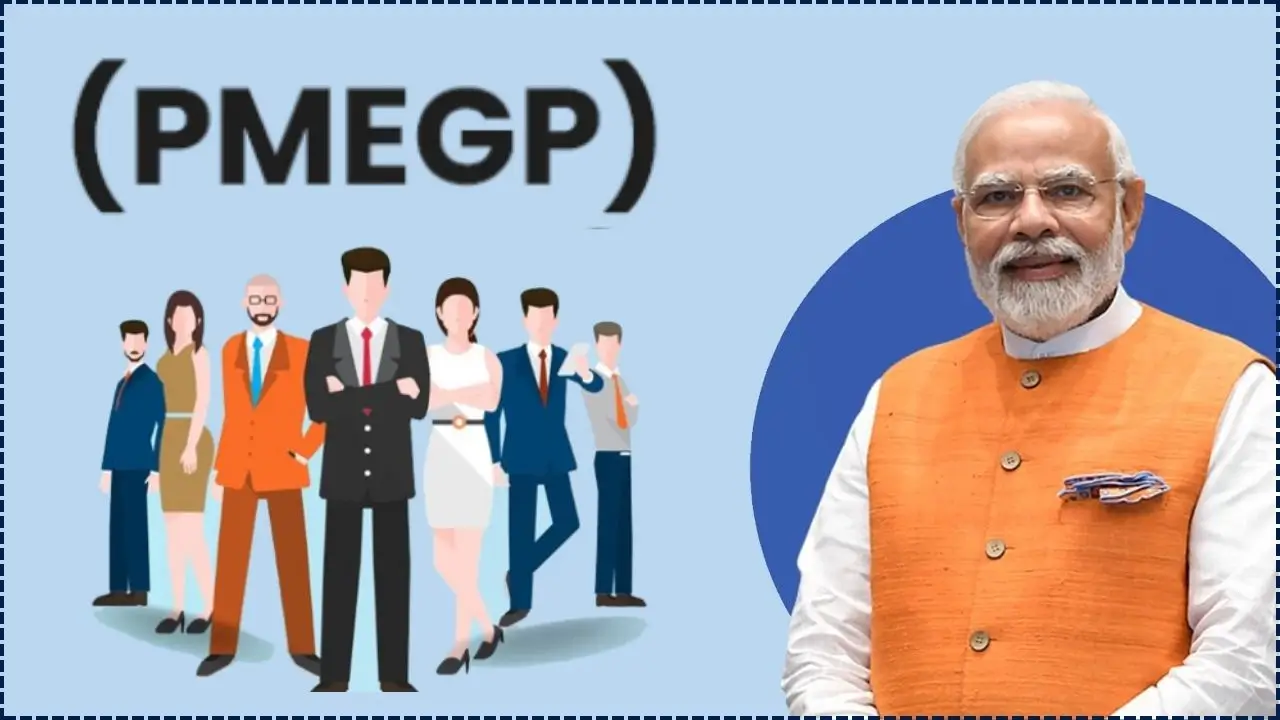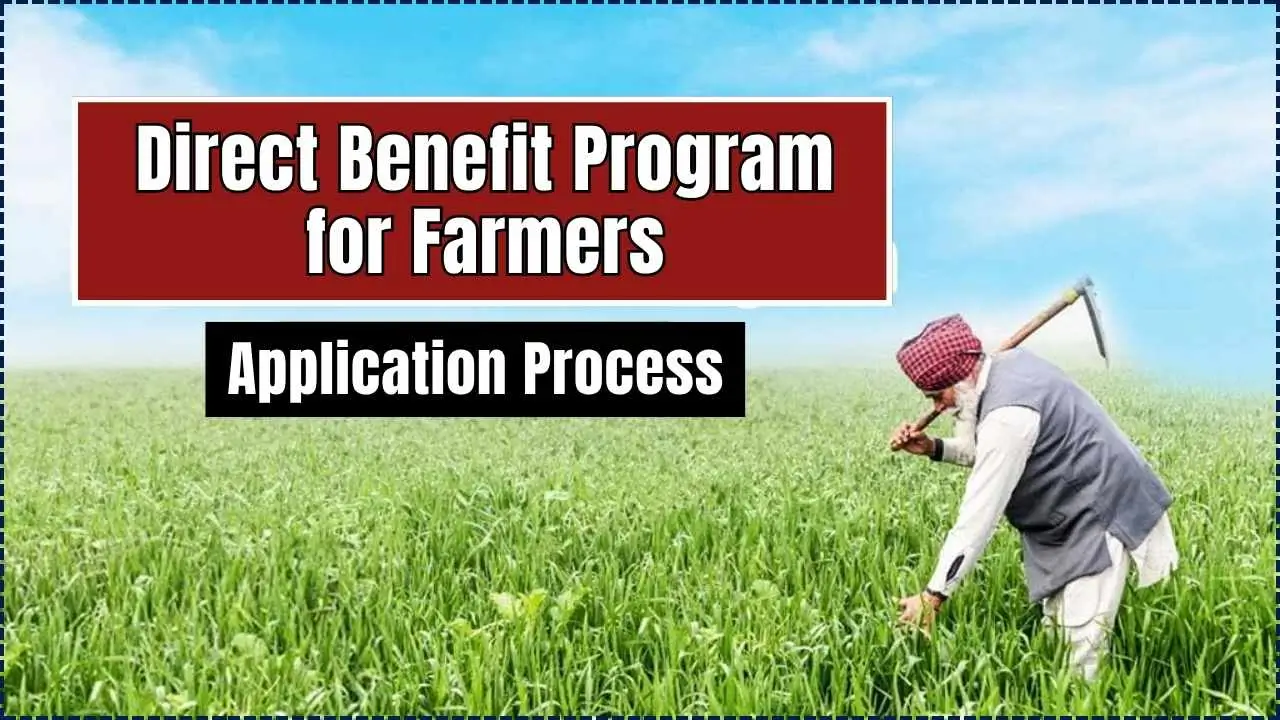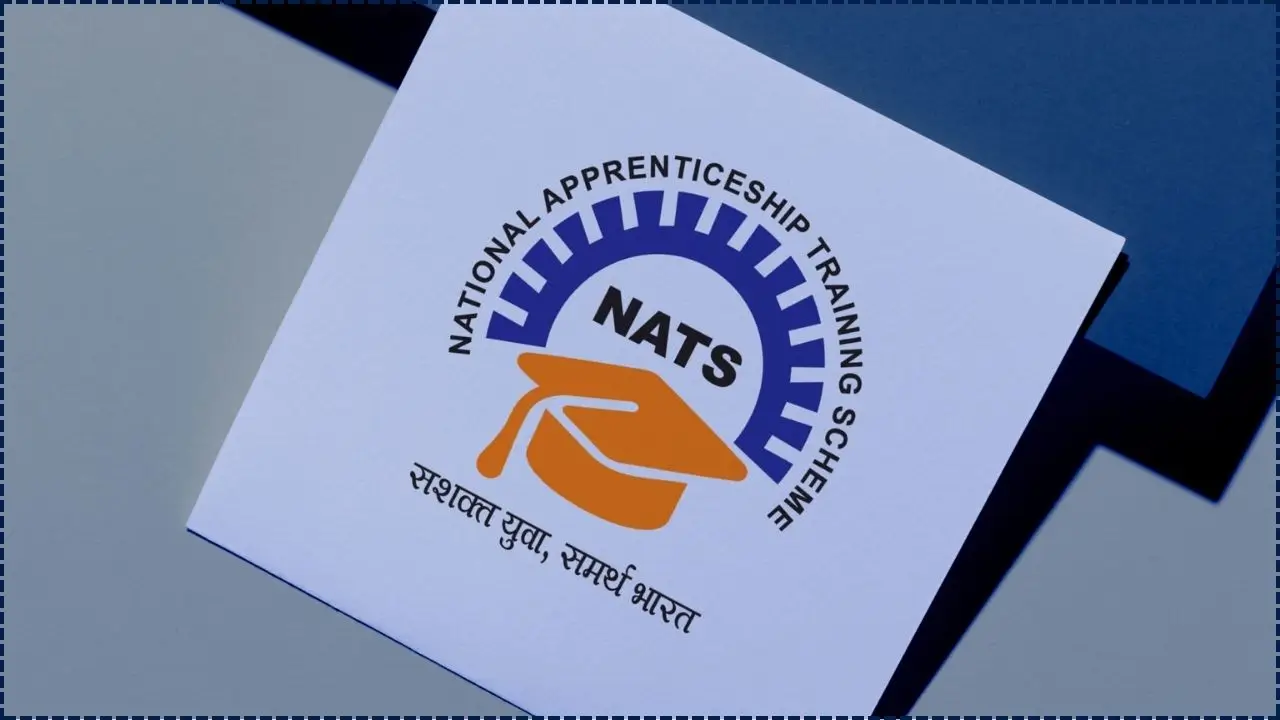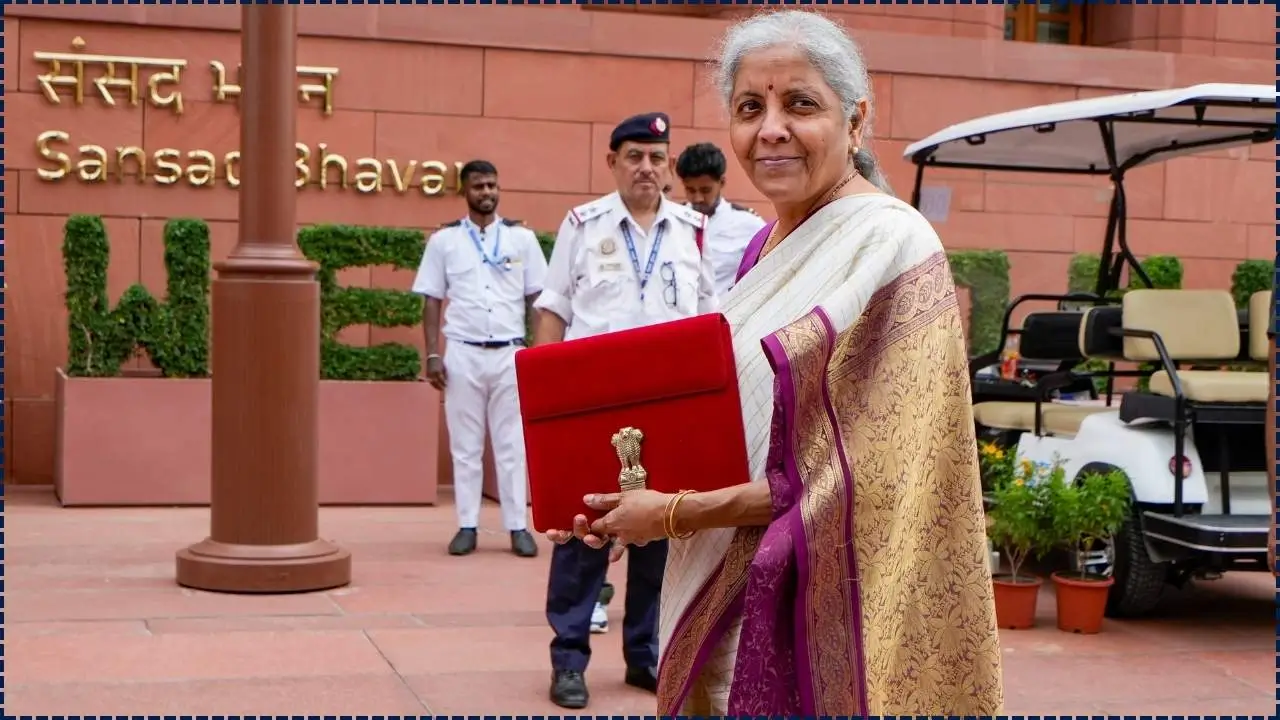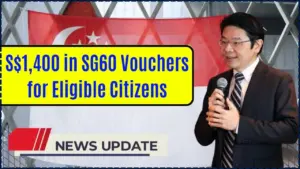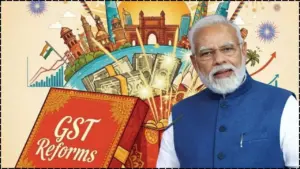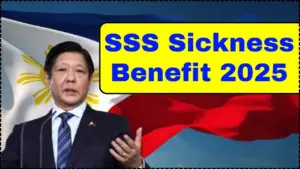Here is an updated, well-researched news-style article on Mukhyamantri Yuva Swabhiman Yojana, how it is transforming youth careers, and the application procedure. Note: this scheme is specific to Madhya Pradesh and exists in certain forms; I’ve drawn on multiple sources for accuracy and flagged assumptions where needed.
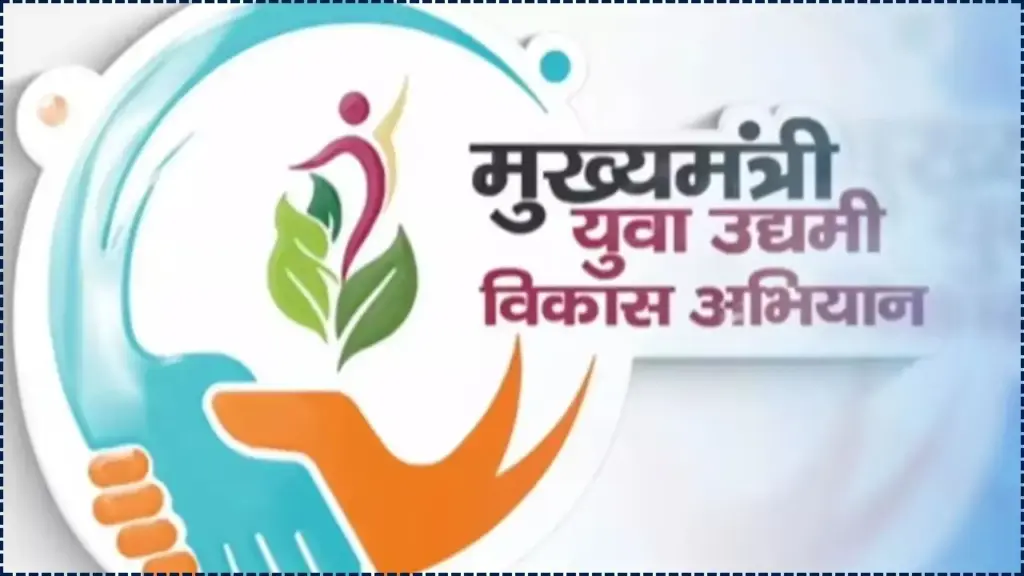
The Mukhyamantri Yuva Swabhiman Yojana, launched by the Madhya Pradesh government, offers 100 days of employment annually to unemployed urban youth from economically weaker communities. The scheme combines stipend, wage work, and skill training to help them transition into sustainable careers.
Table of Contents
What Is the Yuva Swabhiman Scheme?
The Yojana was first announced in 2019 by then-Chief Minister Kamal Nath. (Prepp) Under this policy:
- Eligible youth in urban municipal areas (residing in city limits) are guaranteed 100 days of work per year.
- During their work period, they receive a stipend (or wage). The scheme links this support to skill training to aid future employability.
- The scheme is targeted at youth in the age group 21–30 years, from households with total annual income below ₹2 lakh (all sources combined).
In one municipal area (Sagar), officials reported that under the scheme, eligible unemployed youth get ₹4,000 per month stipend for the work period. The goal is dual: immediate livelihood support and gradual transition to sustained employment or self-employment through skills.
Impact on Youth Careers
This scheme has begun reshaping how urban youth view career options:
- Instead of waiting indefinitely for “government jobs,” many beneficiaries use their stipend and work exposure to build skills and networks.
- Some have used the scheme support as a bridge while transitioning into private sector or entrepreneurial roles.
- For youth in informal sectors, the guaranteed work helps fill income gaps and reduce financial stress.
- The blend of work and training helps youth gain on-the-ground experience rather than only theoretical credentials.
Though long-term data is limited, local municipal reports indicate improved uptake and enthusiasm in pilot cities under the Yojana.
Eligibility Criteria
To participate in Mukhyamantri Yuva Swabhiman Yojana, youth must satisfy the following criteria:
| Condition | Requirement |
|---|---|
| Age | 21 to 30 years (urban youth) (singrauli.nic.in) |
| Residency | Must reside in a municipality / urban local body area of Madhya Pradesh (singrauli.nic.in) |
| Income | Annual household income (all sources) ≤ ₹2,00,000 (singrauli.nic.in) |
| Education | No strict minimum in some areas, but capacity to undergo training is required (mpurban.gov.in) |
| Employment status | Should be unemployed (not currently in a regular salaried job) |
| Other | Willingness to undertake training and prescribed municipal work |
Municipal bodies act as nodal agencies to manage local implementation.
Application Process
While a comprehensive centralized portal is not widely documented, application channels are handled via local municipal offices or municipal-level registration centres. Based on municipal practice and media accounts, the steps generally are:
- Registration / Enrollment: Interested youth register at their municipal corporation / urban local body office. Municipal authorities open dedicated registration counters.
- Document Submission: Applicants must submit: Aadhaar / ID proof, address proof (municipal residence), income certificate or self-declaration, education certificate (if any), and other required documents.
- Preference Selection: Applicants may be required to indicate their area of work preference — e.g. sanitation, street cleaning, mapping, public works, cleanliness drives — within municipal service domains.
- Training Phase: Short training or orientation (e.g. 10 days) may be provided before actual deployment in work tasks.
- Work Assignment & Wage / Stipend Payment: Selected participants are assigned work tasks under the municipal body for 100 days in a year. They receive the stipend / pay as per scheme norms.
- Skill Training / Handholding: Alongside work, training modules are provided (or linked) to improve employability beyond the 100-day period.
Municipal authorities may maintain lists of beneficiaries and track work attendance via local systems.
In Sagar, for example, the municipal commissioner indicated that registration would be via local municipal offices and that youth would be selected via “first come, first serve” basis.
Related Links
How to Use the Manipur eGazette Portal: Publish & Download Official Notices in Minutes
Apply for Rajasthan One Nation One Ration Card Online: Step-by-Step Process
Download Nagaland Trade Licence Online in Minutes: Check Easy Online Process
Key Challenges & Considerations
- Funding & budget constraints: Ensuring that municipal administrations have sufficient funds to pay stipends and manage logistics.
- Timely payments: Delays in stipend disbursal might reduce the scheme’s credibility.
- Skill-work alignment: Ensuring that the type of work and training are meaningful and lead to sustainable jobs.
- Inclusion: Some youth, especially in peri-urban or slum areas, may fall between municipal boundaries or lack proof of residence.
- Monitoring: Attendance, work quality, transparency must be closely audited.
A policy researcher noted:
“Schemes guaranteeing work paired with training hold promise, but they must continuously evolve to adapt to changing urban job markets.”


